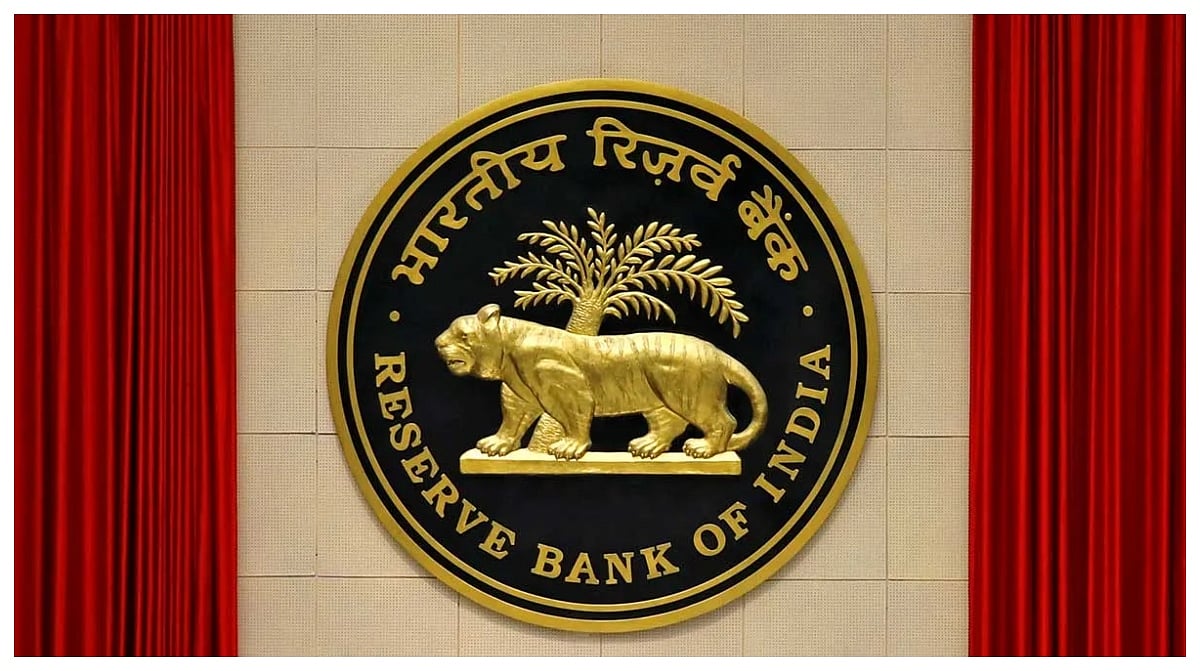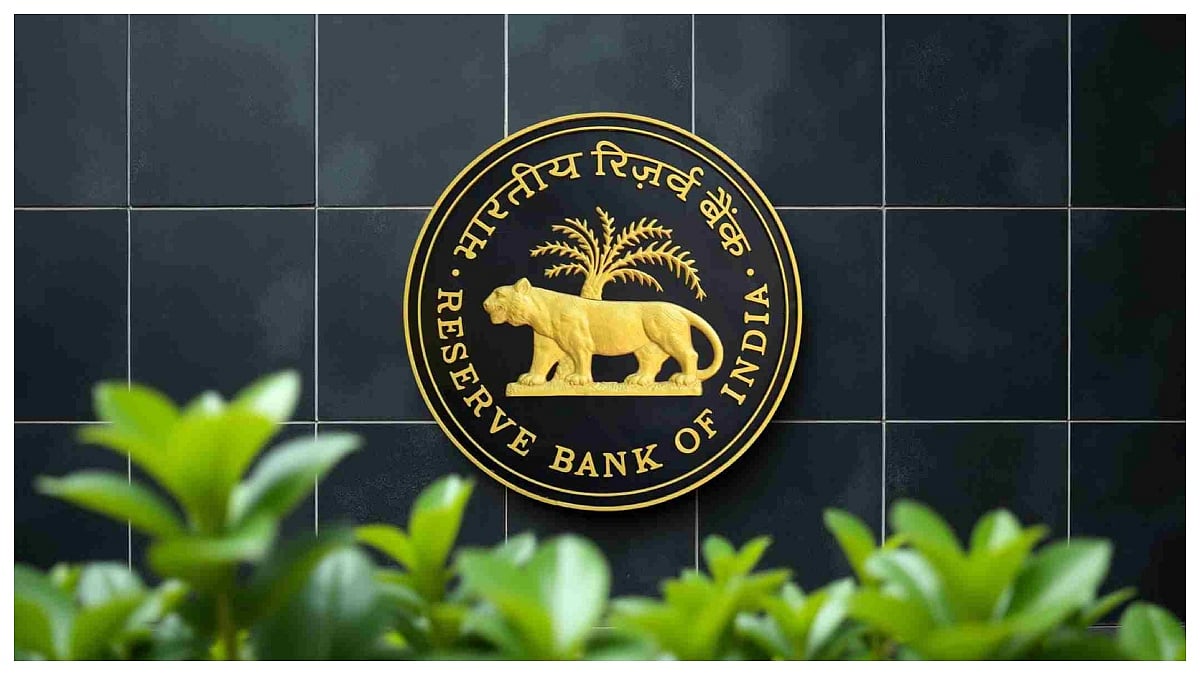Last week we examined the basic structure of a partnership firm. We discussed the advantages of a partnership firm, the tax deductions available, as also some related court judgments. This week we shall dwell upon some other aspects of partnership.
Partnership Firm & Clubbing
1. If the spouse is a partner either directly or through a trust, in the same firm where the other spouse is also a partner, the income is clubbable in the hands of the spouse having more income.
2. If a spouse is employed in a concern in which the other spouse has a substantial interest, the salary, commission, fees, etc., suffers clubbing, unless the spouse has technical or professional qualifications and is employed in an appropriate capacity.
3. If a minor is admitted to the benefits of partnership, either directly or through a trust, the income accruing to the minor from the firm is clubbable with the income of that parent who has more income, even if that parent is not a partner in the same firm.
In CIT v Vimal Chand Golecha (2002) 174CTR638 (Raj), the assessee’s two minor sons were admitted to the benefits of a partnership firm where he himself was not a partner. The minor sons contributed certain sums as capital. Interest thereon as well as share of firm’s income was credited to the accounts of the minors. ITO resorted to Sec. 64(1iii) and clubbed the income of the minors from the firm with the income of the father.
It was held that the minors were under no obligation under the partnership deed to contribute any capital. When the profits were credited to their account, they were the absolute owners of the profit which was credited in their accounts. There is no agreement contrary to the ownership of that amount with the minors. Therefore this amount escapes the clubbing provision!
Capital Gains
U/s 45(3) capital gains arising from transfer of a capital asset by a partner/member to a firm/AoP/BOI (by way of capital contribution or otherwise) is chargeable to tax. For this purpose, the amount recorded in the books of account is to be taken as the sale consideration. Similar treatment is given u/s 45(4) on dissolution of a firm/AoP where the FMV of the asset on the date of such transfer is taken as the sale consideration.
Transfer of assets by a sole proprietorship or a firm to a company on conversion is not regarded as transfer u/ss 47(xiv) and 47(xiii). While computing capital gains on subsequent sale of such assets by the company, there was no clarity regarding the cost to be taken for such assets.
FA12 has amended Sec. 49 retrospectively w.e.f. FY 1998-99 to provide that in the case of conversion of sole proprietorship or firm into a company which is not regarded as a transfer, the cost of acquisition of asset in the hands of the company would be the same as that in the hand of the sole proprietary concern or the firm.
Retirement of a Partner and some related judgements
CIT v Seshagiri Rao (1995) 213ITR304 (AP) — It is settled law that there is no transfer involved on the retirement of a partner or dissolution of a firm even if the accounts are adjusted by payment of cash or allotment of property at its current valuation.
CIT v Smt. S. Vijaya Lakshmi [2000] 242ITR46 (Mad) — In a partnership firm the partners are always the owners of the property belonging to the firm and where property held by the firm is given away to one of the partners who sells the same, then, the gain will taxed in the hands of the partner as an individual.
CIT v Shreyas Chinubhai (1999) 237ITR358 Gujarat HC — When an individual contributes his capital assets, say land as his share of capital in the partnership firm and the said land is treated as stock-in-trade by the partnership firm, it becomes the asset of the firm.
Later on when the amount is received by the individual partner consequent to his retirement from the firm, the amount so received would not be assessable to tax as capital gain as it does not involve transfer of capital assets resulting in accrual or receipt of income chargeable to tax as capital gain. Hence, the provisions of Sec. 45 would not be applicable.
ACIT v Mohanbhai Pamabhai (1987) 165ITR166 (SC) — The amount received by the retiring partners in respect of their share in the partnership including the goodwill is not taxable. Bishan Lal Kanodia v CIT ITR449Delhi HC — The amount received by a partner of the partnership firm in excess of his share would be liable to be taxed as capital gains.
The transfer need not necessarily be taken at market value. But if any amount is given to the retiring partner over and above his capital standing in the partnership, it would be taxable in the hands of the retiring partner. Interest on loan borrowed up to the partner’s share of capital standing in the books of the firm can be allowed as business expenditure. Any loan above this limit is liable to disallowance.
Sachdeva & Sons (E.O.U.) v Dy CIT (2004) 82TTJ (Asr)847—On conversion of firm to company when erstwhile partners are only shareholders in company and shares are allotted to them in same proportion as in firm, there is no transfer, no capital gains.
ITO v Ramesh M. Shah (2004) 2SOT558 (Mum) — Amount credited in capital account of retired partner upon revaluation of assets of firm is not taxable as capital gains as there is no transfer.
Shevantibhai C. Mehta v ITO (2004) 83TTJ542 (Pune) — Amount received by the retiring partner was liable to capital gains tax where the retiring partner assigned his interest in partnership firm specifically by a deed of retirement to continuing partners and consideration for same was agreed to be paid in lump sum.
HUF & Partnership
Last but not the least, Ram Laxman Sugar Mills v CIT (1967) 66ITR613(SC) — An HUF is undoubtedly a ‘person’ within the meaning of Sec. 2(31). It is, however, not a juristic person for all purposes and cannot enter into an agreement of partnership with either another HUF or individual. It is open to the manager of an HUF, as representing the family, to agree to become a partner with another person.
The partnership agreement is between the manager and the other person and by the partnership agreement no member of the family except the manager acquires a right or interest in the partnership. If remuneration is received for rendering service and there is no real and sufficient connection between the investment of the joint family assets and the remuneration is received by karta, such remuneration is personal income of the Karta and not that of the family.
—The authors may be
contacted at wonderlandconsultants@yahoo.com









